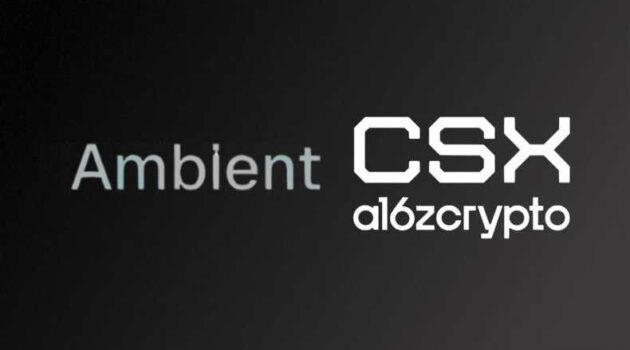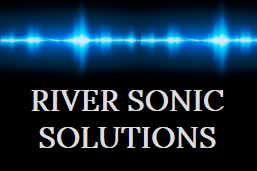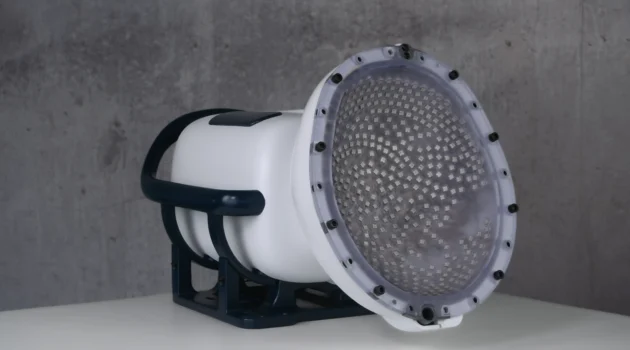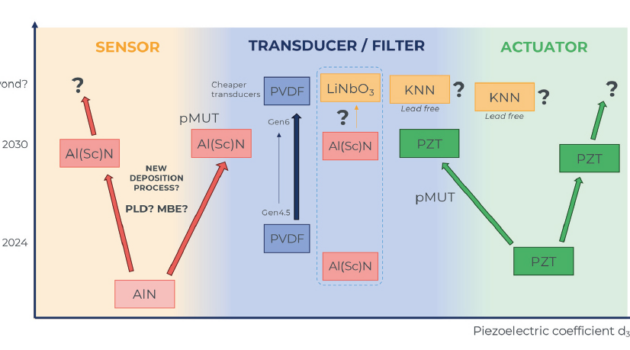Relevance of the Ambient blockchain As an expert witness working both in AI and blockchain, I have been struck by the approach taken by Ambient for providing distribute AI compute incentives. Large-language models (LLMs) are fast becoming basic infrastructure. Ambient positions itself as the “AI-secured blockchain” that will underwrite that infrastructure, doing for autonomous agents […]
Interview on Round Table Group’s podcast
The expert witness search and referral firm Round Table Group was kind enough to interview me on their podcast. If you want to listen on your mobile device, it’s on their Engaging Experts channel.
Transcranial ultrasound clinical results for mental illness and dementia
Recently, transcranial ultrasound has been getting some press. This has been a deep interest for a long time so I thought I would write up where the clinical results are at present. I haven’t covered the important work which combines transcranial ultrasound with, for example, cancer drugs. This is only about mental illness and […]
An update on MEMS technology
Introduction Micro-Electro-Mechanical Systems (MEMS) have long played an understated yet indispensable role in modern technology. Born from the microfabrication revolution that accompanied semiconductor advances, these tiny devices integrate mechanical elements with electronic circuitry – a synergy that has resulted in applications across industries such as automotive safety, consumer electronics, medical devices, and biometric security. […]
Biometrics on Trial: How Emerging Technologies Are Shaping Security—and the Courtroom
Introduction Biometric security, once a topic limited to science fiction or niche industrial applications, has rapidly become an essential part of modern technology. Fingerprint scans unlock our smartphones, facial-recognition systems monitor sensitive facilities, and palm-print authentication grants access to restricted areas. Yet as these systems expand in scope, courts are increasingly tasked with addressing the […]




